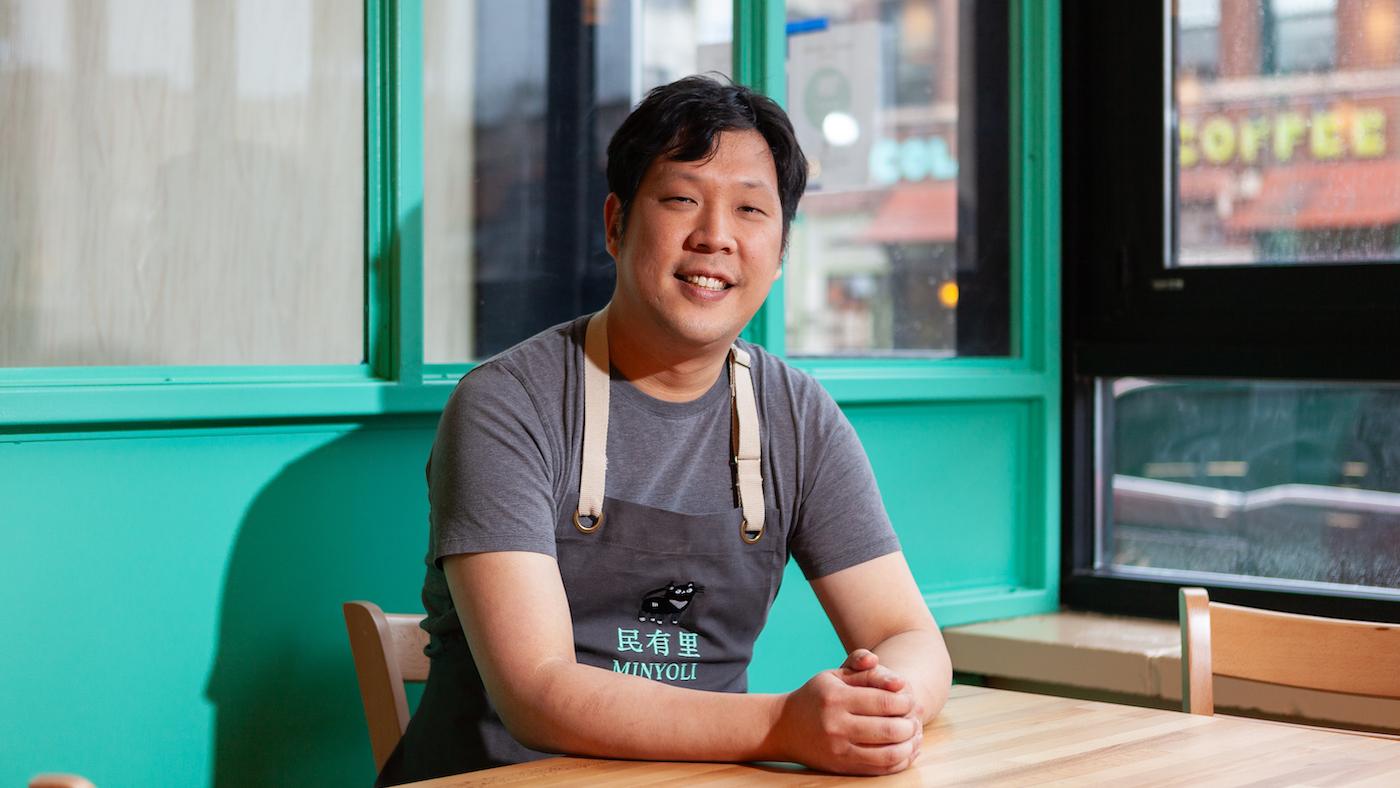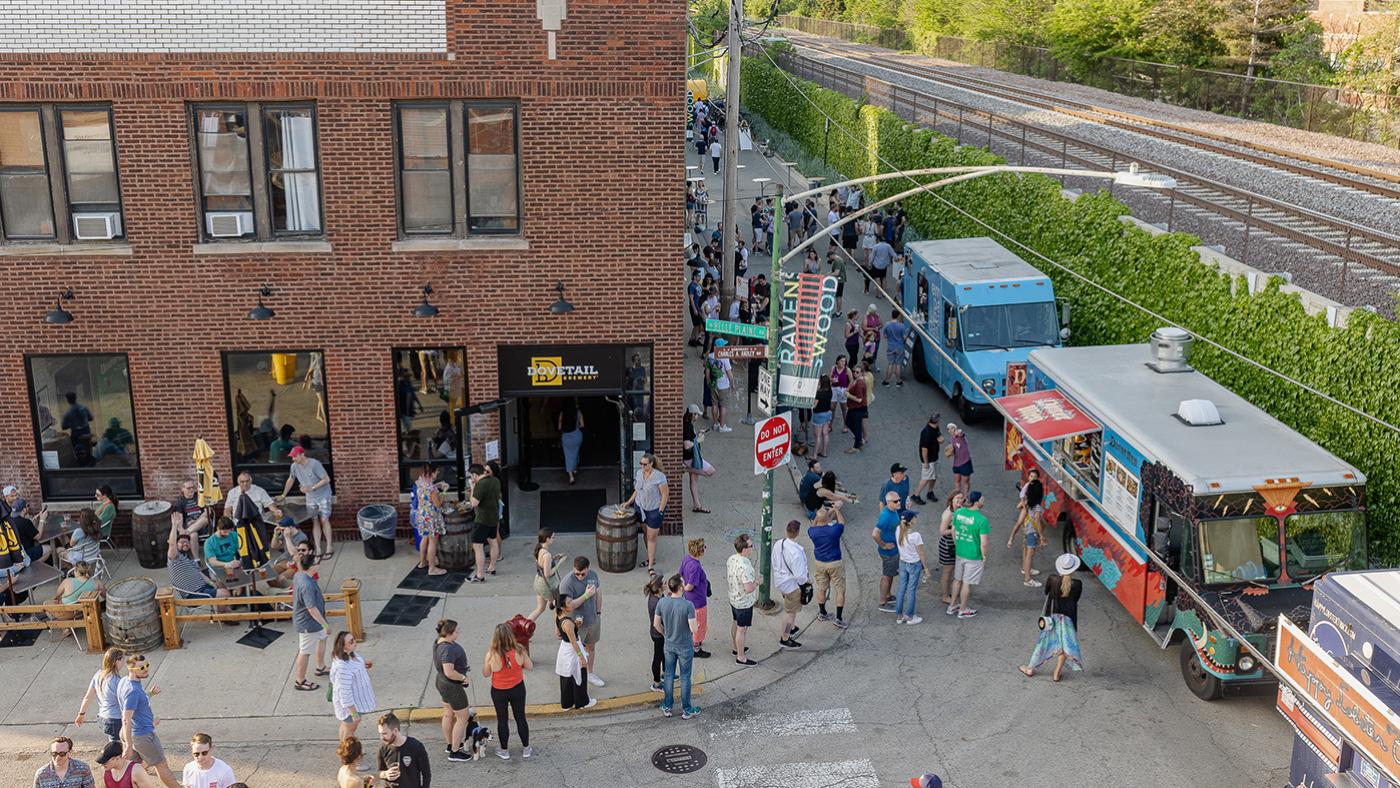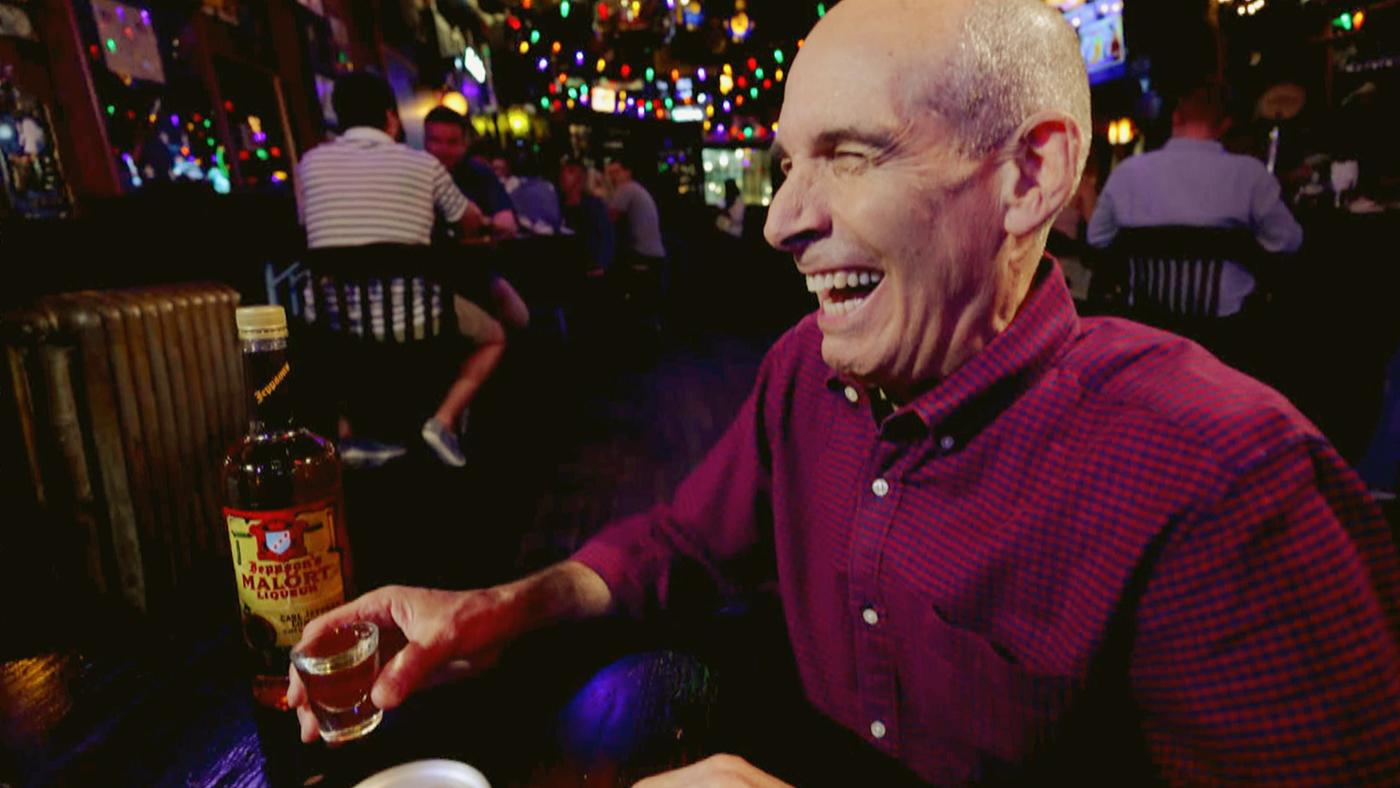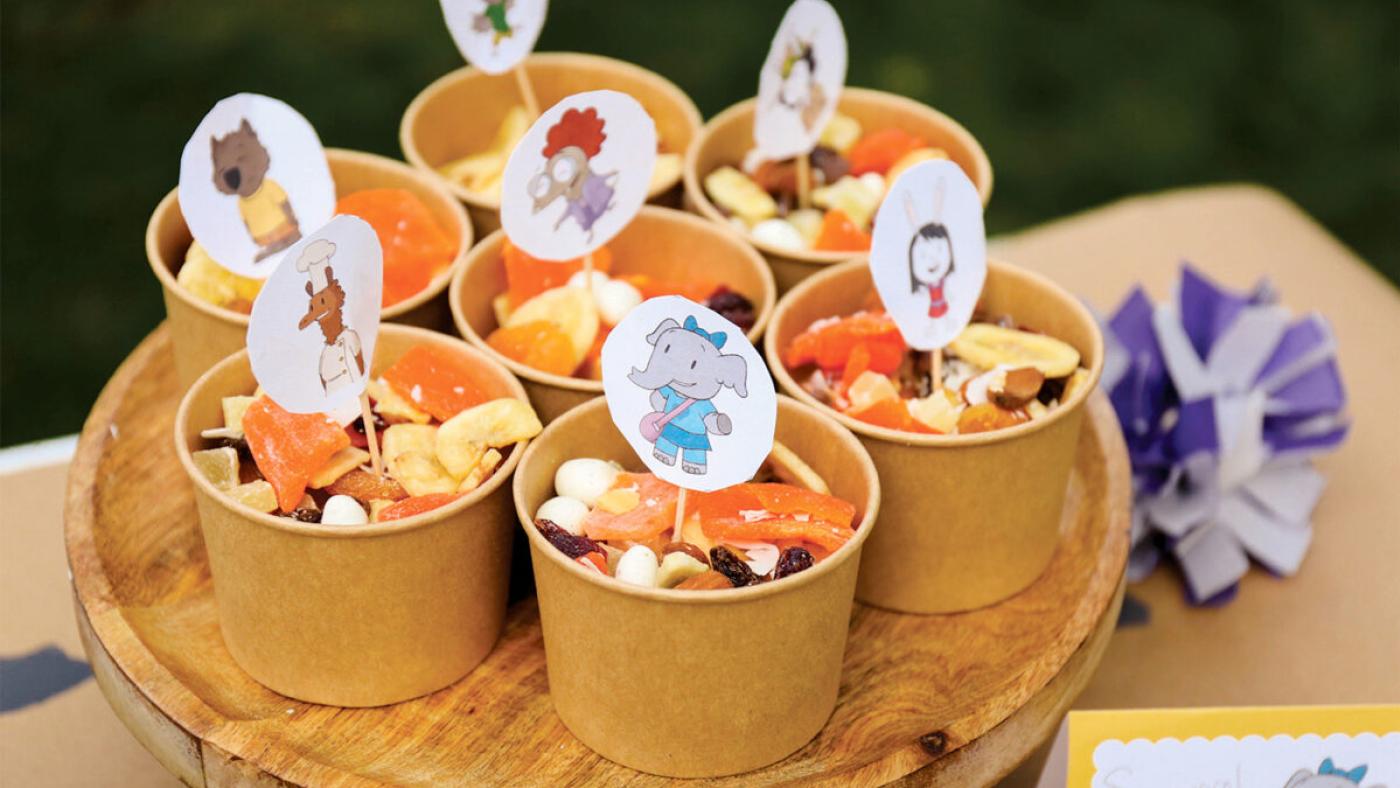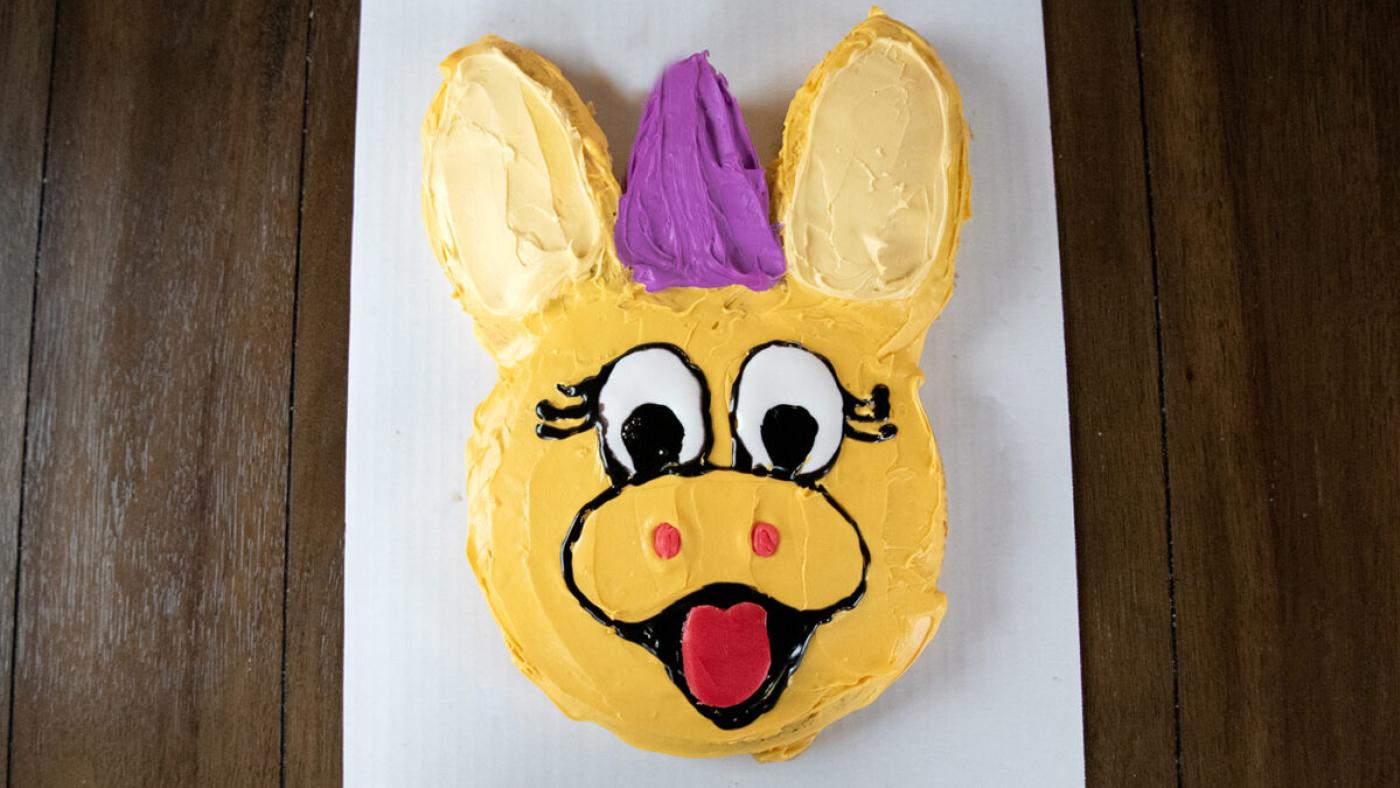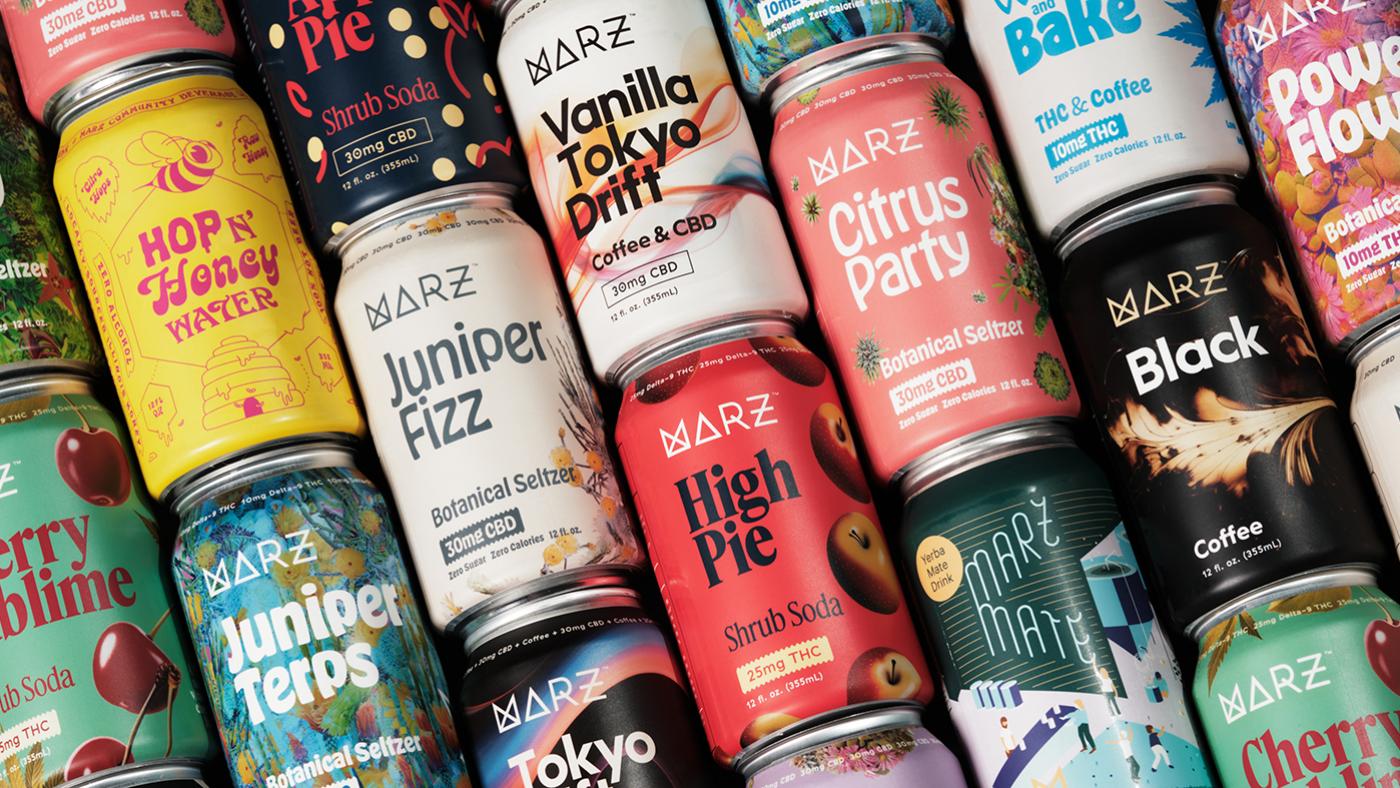You Can Try Coffee from Its Birthplace at New Chicago Area Yemeni Coffee Shops
Daniel Hautzinger
September 8, 2023
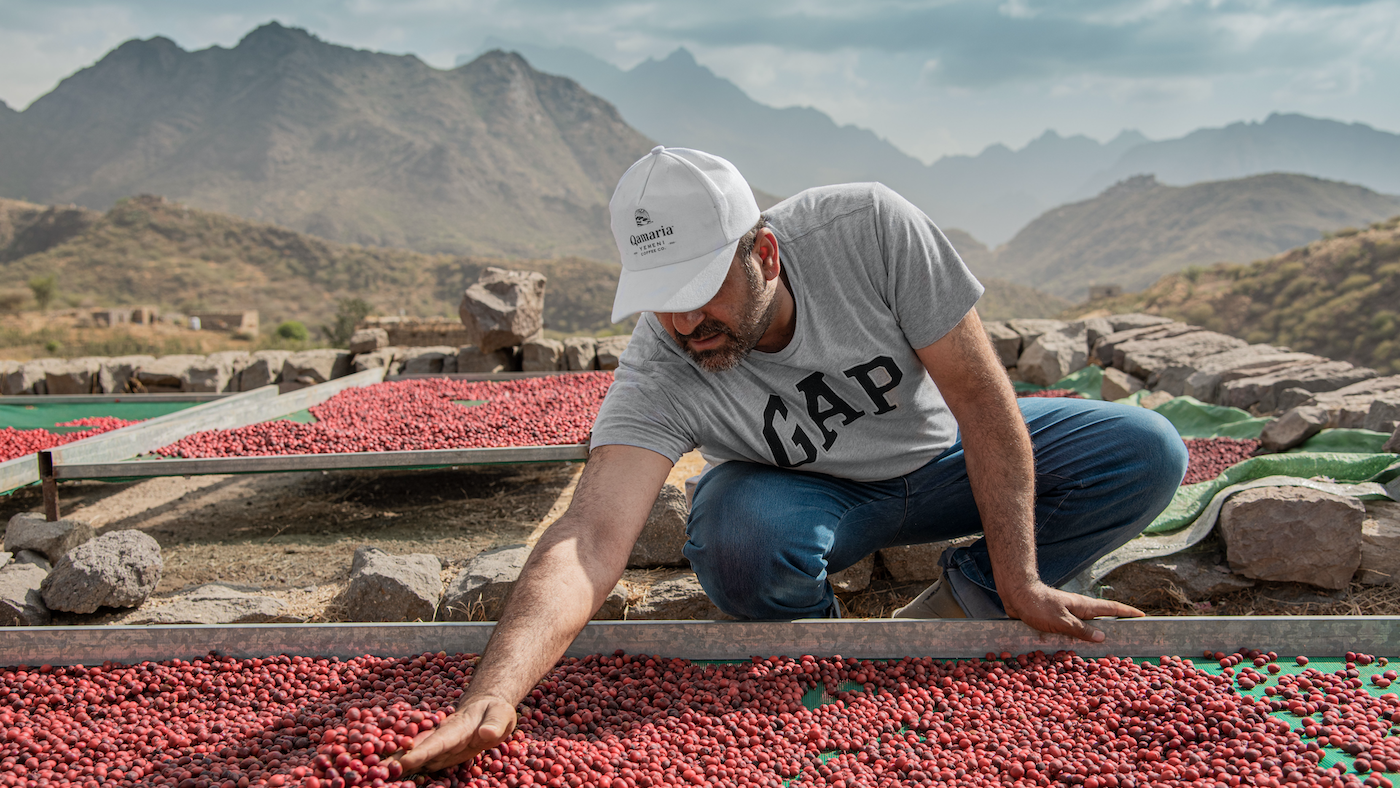
Get more recipes, food news, and stories by signing up for our Deep Dish newsletter.
Trace the origins of coffee as a beverage down to the root, past Chemexes and pumpkin spice lattes, Maxwell House and Sanka, Viennese cafes and Dutch Indonesian plantations and Turkish coffeehouses and you’ll eventually find yourself in the vicinity of the Red Sea. The coffee plant is native to the Ethiopian highlands, but historical evidence suggests that it was only once it was brought across the Bab el Mandeb strait by Somali merchants to Yemen that a beverage similar to the one we know today was prepared. The first known mention of roasting coffee beans, brewing them, and drinking them is from the 15th century in Yemen, which soon began cultivating the plants itself and exporting their beans.
The English word “coffee” follows the beverage’s route from Yemen to the rest of the world: the Arabic “qahwa” became the Turkish “kahve” before reaching Italy as “caffè” and the Dutch, who were the first to import large quantities of coffee, as “koffie.” “Mocha” comes from the Yemeni port of Mokha where ships departed with loads of coffee beans.
After centuries of coffee from other parts of the globe being predominant, Yemeni coffee is now spreading throughout the United States, offering Americans a chance to taste coffee from its likely birthplace. In the Bay Area, Charlotte, the suburbs of Chicago, Houston, Columbus, and elsewhere, Yemeni coffee shops have opened in the past couple years to serve unique coffee blends; qishr, which falls between tea and coffee; spiced Adeni tea with evaporated milk; and Yemeni pastries such as flaky-layered, honey-soaked sabya and pull-apart, cheese-filled honeycomb bread.
“What excites me the most is having people try this coffee and they’re like, ‘Woah, we’ve never tasted coffee like this!’” says Hatem Al-Eidaroos, the co-founder of Qamaria Coffee, which opened a cafe at 9970 S. Ridgeland Ave. in the southwestern suburb of Chicago Ridge earlier this year. It joins the Yemeni coffee shop Qahwah House, which opened a location at 406 E. Roosevelt Rd. in the western suburb of Lombard last year before adding another at 5238 W. Touhy Ave. in the northwestern suburb of Skokie this year. Even longer-standing Yemeni restaurants such as Sheeba Mandi House in North Park have begun advertising Adeni chai and honeycomb pastries
Both Qamaria and Qahwah were started in Dearborn, Michigan, a Middle Eastern enclave outside of Detroit that is home to the largest Muslim population in the U.S. per capita. Other Yemeni chains such as Haraz Coffee House are also from Dearborn; whereas coffee was first brought to Yemen by Somali merchants, it is now spread through the U.S. by Arabs from Dearborn. (Eater has a list of thirteen notable Arabic coffee shops in Dearborn alone.)
Qamaria opened its first cafe in early 2021; it now has twelve franchised locations and eighteen more on the way, including one in Naperville. Qahwah House has locations in Michigan, Illinois, New York, New Jersey, and Ohio.
The Yemeni coffee trend in the U.S. was kickstarted in part by Mokhtar Alkhanshali, the subject of Dave Eggers’ book The Monk of Mokha, who began building up a coffee industry in Yemen and now supplies the popular California-based coffee shop Blue Bottle. Like Alkhanshali, Qamaria’s Al-Eidaroos didn’t originally know much about coffee—or even really drink it.
“My mom always tells me, ‘Never tell people this!’ but I wasn’t much of a coffee drinker,” he says with a laugh. “I was more into Adeni tea.” He was importing goods and selling them wholesale when some friends asked him for coffee beans from Yemen. He started buying beans and selling them to roasters in the U.S. When the COVID-19 pandemic first shut businesses down, he was about to receive one of his biggest shipments yet, some twenty tons of coffee beans. So he decided to cut out the risk of selling to other businesses and open his own coffee shop with Munif Maweri, a pharmacist and friend from Al-Eidaroos’ village in Yemen.
The pair of them took a barista training course at Ann Arbor’s Black Diesel, and then Al-Eidaroos headed to Minnesota to learn how to roast. When he had first started wholesaling, he bought coffee beans through a middleman. But his roasters told him the coffee was high quality but inconsistent, so he decided to find his own supplier himself and buy from only a single producer.
Yemen has suffered through a civil war since 2014 that has generated one of the world’s largest humanitarian crises. Finding diesel and truck drivers to transport goods such as coffee beans across the country can be difficult, but Al-Eidaroos, who came to Dearborn from Yemen with his family when he was eight, treasures the chance to “help more people get more opportunities through the opportunity that I have,” he says.
He went to Yemen for a two-week trip and stayed for six months. He emerged with a deal to buy from a family of four brothers and new knowledge about growing coffee. “They just have so much experience in doing this, passed from father to father,” he says. (Qahwah House acquires their coffee from a farm in Yemen that has been in the family for eight generations.)
Qamaria’s supplier family grows their coffee high in the mountains, where the air is thin and clouds wreathe the landscape like steam from a coffee cup. They pick the red fruit of the plant then let it sit on top of roofs in the mountains for around 45 or 50 days to dry in the sun. They separate the skins from the interior, sending the green bean to be roasted and keeping the skins to mix with ginger, cinnamon, and cardamom for the fruity, low-caffeine beverage called qishr. (It’s also known as cascara.)
The same spices are also added to some of Qamaria’s coffee blends as well as specialty drinks, but Al-Eidaroos says the beans themselves have an intense aroma and flavor on their own even before they are roasted. “It smells just like cocoa,” he says. When he bought a roaster in Michigan, the seller gave him bins labeled with various flavors, explaining that he would spray the beans with that scent.
“I didn’t know they do that,” Al-Eidaroos remembers thinking. “We don’t have to do that, because our light roast smells like cinnamon naturally. The medium roast smells like chocolate. We don’t dark roast. Back home, that’s almost like saying, ‘I want my meat super well-done.’”
He has come to enjoy the aromas and flavors so much that, where once a small sample of coffee drunk with roasters would make him shake, he now drinks a cup, black, every day.

